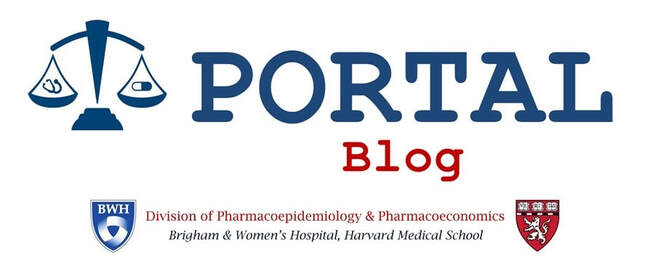|
Chana A. Sacks, Ameet Sarpatwari High prescription drug spending remains a major issue, as pharmaceutical manufacturers continue to mark up the prices of products during the COVID-19 pandemic. Brand-name drugs are the primary driver of this spending, with the prices of brand-name biologic drugs in particular having risen dramatically in recent years. When generic drugs become available, they can substantially lower drug prices, and policymakers hope that follow-on biologic drugs can eventually generate similar competition. Generic drugs are so effective at lowering drug prices because of state “drug product selection laws” that allow pharmacists to automatically fill prescriptions for brand-name drugs with generics and prescriptions for biologic drugs with FDA-designated interchangeable follow-on biologics. In a new study in JAMA Internal Medicine, we reviewed the current landscape of drug product selection laws in the US, including how different states approach interchangeable biologic substitution. We found considerable variation in these laws. For small-molecule drugs, 31 states did not mandate generic substitution by pharmacists (but merely made it “permitted”), 7 states required patient consent prior to generic substitution, 32 required special notification by the pharmacist, and 24 states did not explicitly protect pharmacists from liability related to making the substitution. Compiling a generic substitution score, in which a maximum of 1 point was assigned for each of the four exposure variables—with higher points indicating regulatory requirements limiting substitution—we found that 9 states had scores of 3 or higher. In the case of biologic drugs, 45 states had heightened requirements related to substitution of interchangeable follow-on biologics, most commonly requiring mandatory notification of the prescribing physician. Overall, this study demonstrates considerable scope for states to optimize their drug product selection laws to achieve more efficient substitution of FDA-approved generics and interchangeable biosimilars. These changes would lead to greater reductions in spending and improvements in patient adherence. Comments are closed.
|
AuthorPORTAL Blog posts are authored by PORTAL faculty, trainees, and collaborators. Archives
January 2022
Categories |
|
Program On Regulation, Therapeutics And Law (PORTAL)
Division of Pharmacoepidemiology and Pharmacoeconomics 1620 Tremont Street, Suite 3030 Boston, MA 02120 |




 RSS Feed
RSS Feed
